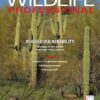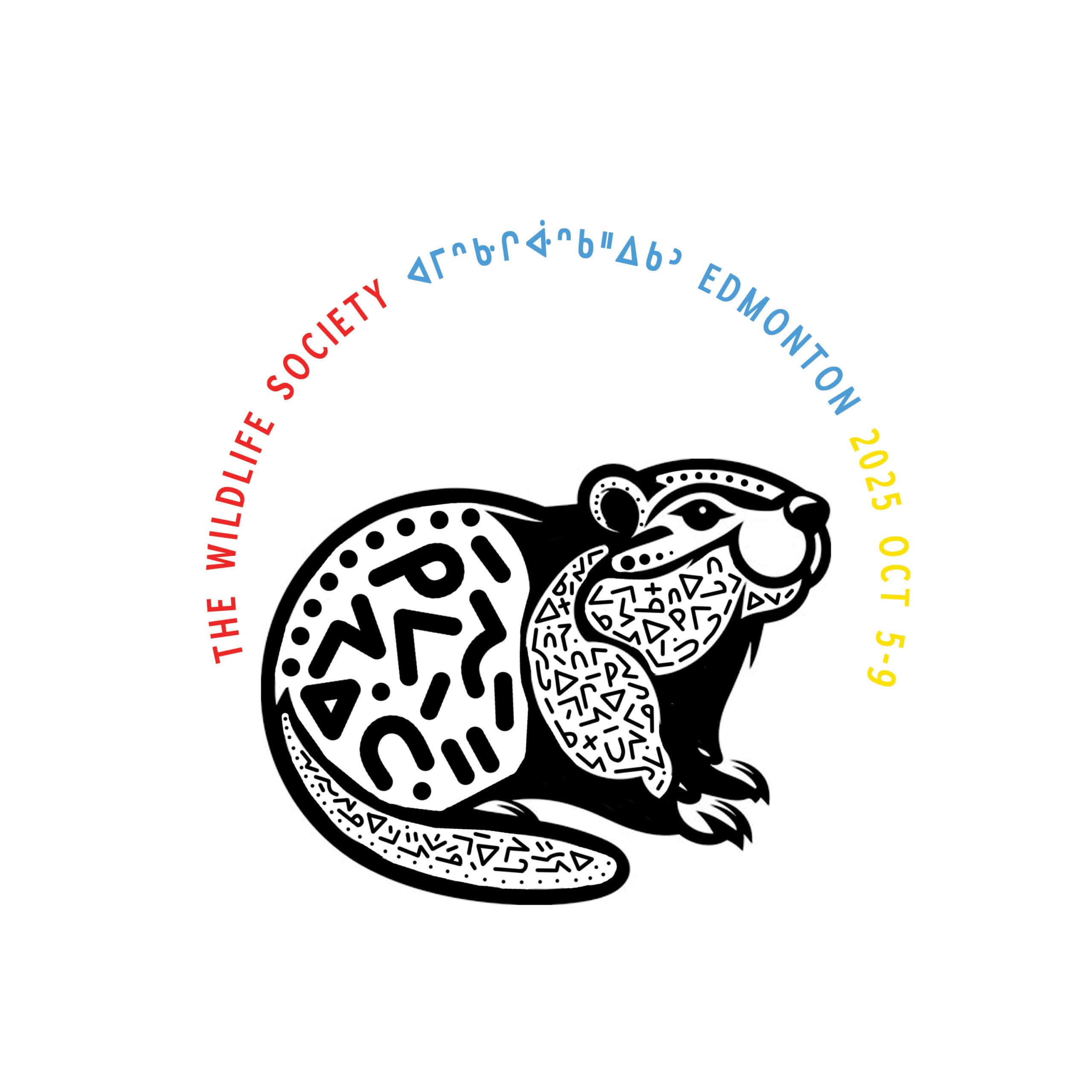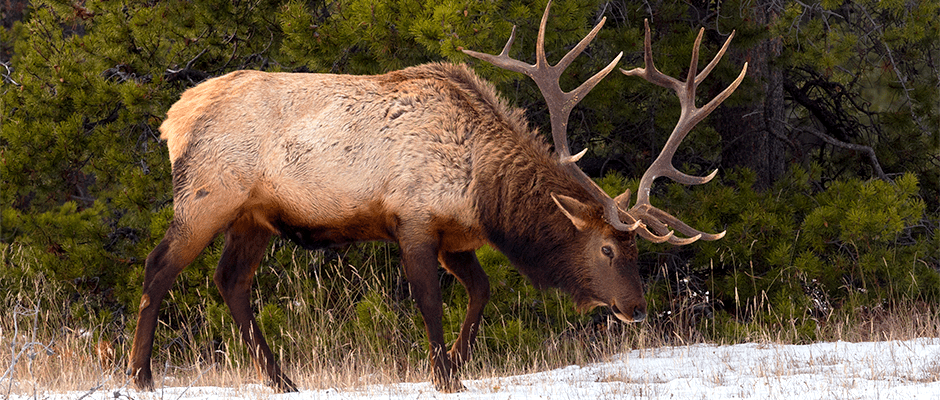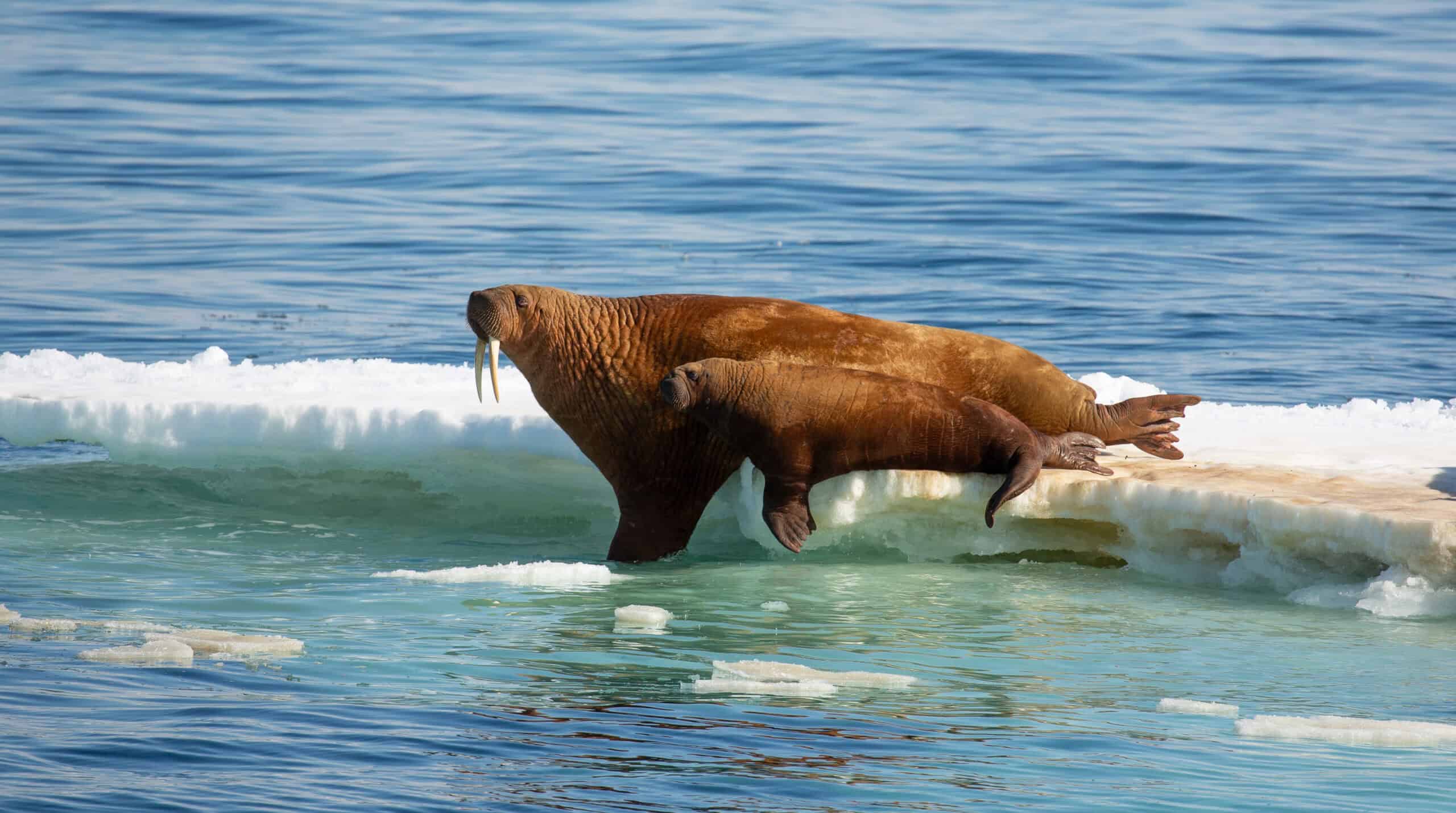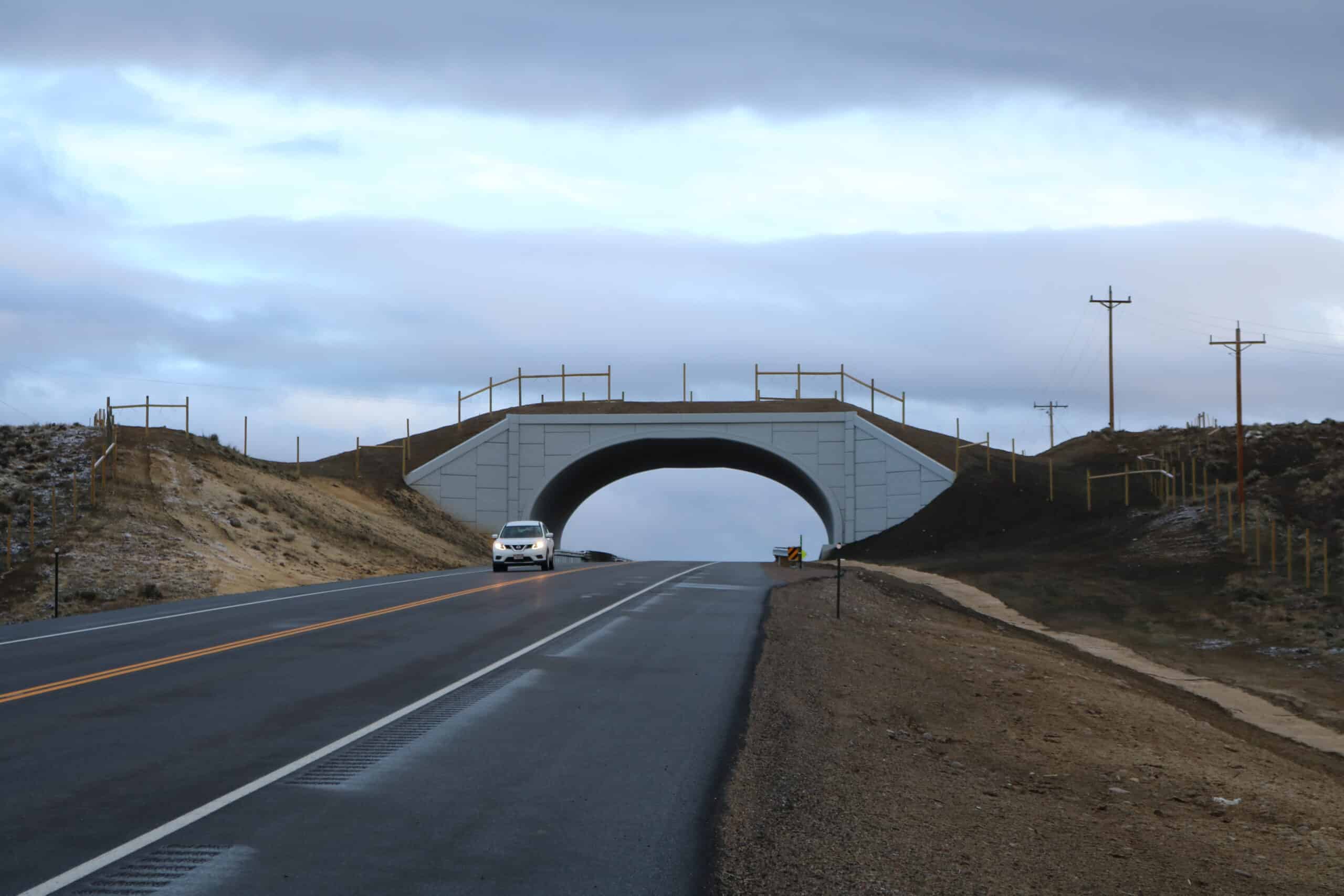Share this article
Boone and Crockett Club joins TWS Partner Program
A new Leading Sponsor relationship between The Wildlife Society and Boone and Crockett Club has further strengthened ties within the conservation community. An agreement between the two organizations will go into effect on July 1 with the start of the new fiscal year.
As a Leading Sponsor, Boone and Crockett Club will sponsor TWS programs and conference events, such as the Aldo Leopold Keynote Address and the Student Chapter Leaders Lunch. In a mutually beneficial component of the agreement, Boone and Crockett will share news and other information with TWS and its members through wildlife.org and the weekly eWildlifer newsletter. Moving forward, both organizations will be able to reach an even greater number of advocates for wildlife science, management and conservation through the TWS Partner Program.
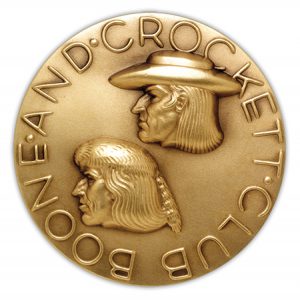 “We are proud to stand shoulder-to-shoulder with the Boone and Crockett Club, working together to emphasize the importance of science-based wildlife conservation and the role of hunter conservationists in maintaining healthy wildlife populations,” said Ed Thompson, CEO of The Wildlife Society.
“We are proud to stand shoulder-to-shoulder with the Boone and Crockett Club, working together to emphasize the importance of science-based wildlife conservation and the role of hunter conservationists in maintaining healthy wildlife populations,” said Ed Thompson, CEO of The Wildlife Society.
Connections between the two organizations run deep, from their emphasis on science-based wildlife management to their ties to the legendary conservationist Aldo Leopold. Founded by Theodore Roosevelt and George Bird Grinnell in 1887, Boone and Crockett Club is the oldest conservation organization in North America. Leopold, a club member, was an instrumental leader in pushing for the passage of laws and policy, designation of conservation lands, and establishment of institutions, including the founding of The Wildlife Society in 1937.
“As champions of science-based wildlife management efforts and policy, the Boone and Crockett Club is pleased to partner with The Wildlife Society, a leader in wildlife stewardship through science and education,” said Ben Hollingsworth Jr., president of the Boone and Crockett Club. “The greatest conservation issues of our time, such as the management of chronic wasting disease, challenges to the future of hunting, and pressures on the North American Model, require collaborative approaches that effectively meld sound science, education, and policy actions.”
Header Image: ©Wilson Hui

